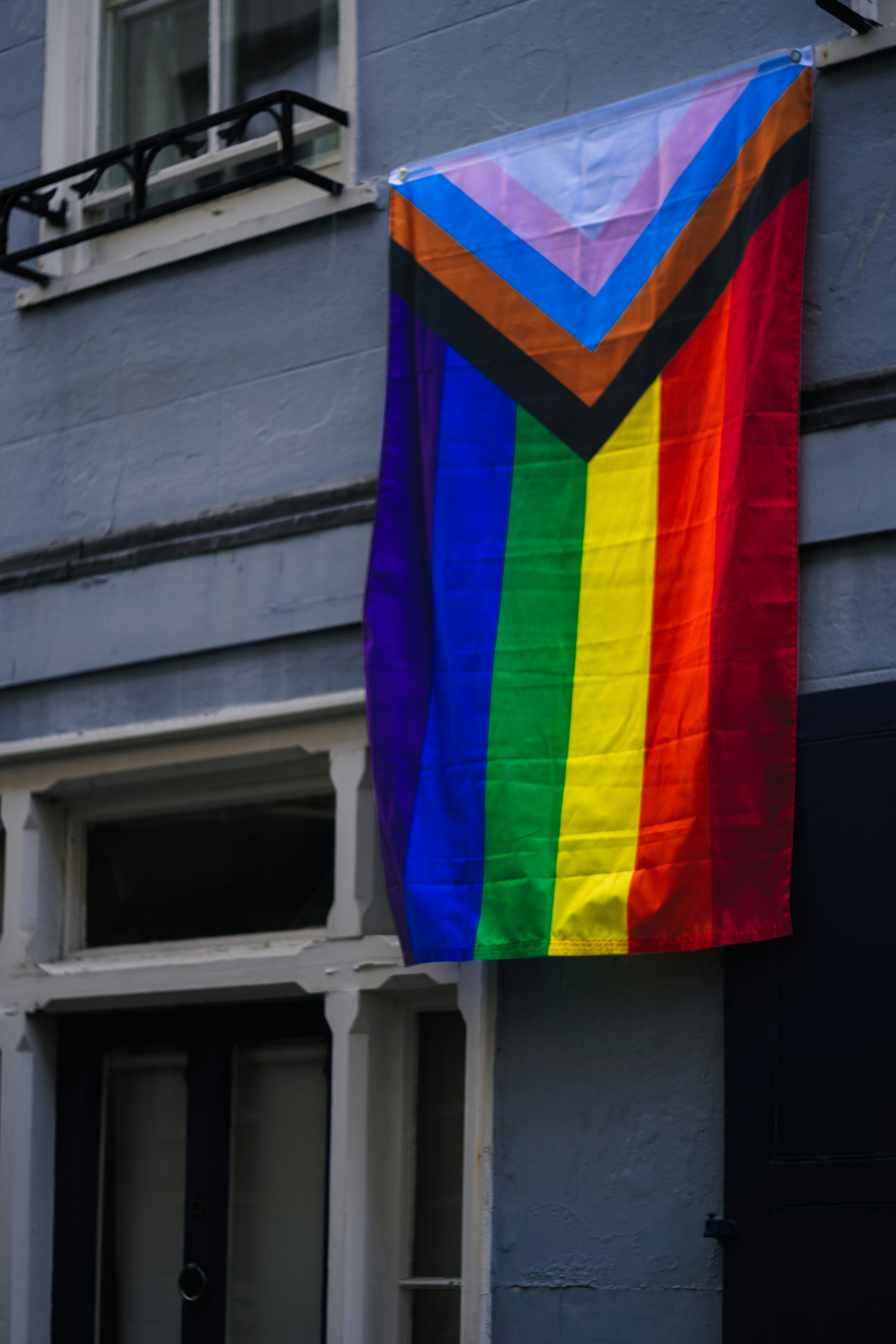

This is an acronym many people in the gay or lesbian community use. These words are about sexuality — which means who you are attracted to — and identity — which means who you are and how you see yourself. So, when we use these words, we are talking about something very personal and important.

A person’s sexuality and identity is something personal. We are allowed to talk about our own sexuality as much or
as little as we want to. It’s important to respect other people’s sexuality and identity.
The South African Constitution says we should not treat people differently because of their sexuality. All people
should be treated with dignity and respect, regardless of whom they love or who they are.
Check out this video that speaks about sexual orientation:
Your teenage years are a time when you may start discovering your sexuality and identity and while it is exciting,
it can also be confusing. Sexuality is an important part of who we all are and it includes feelings and attraction
to other people.
Knowing you are straight, lesbian, gay, bisexual, transgender, intersex, queer, asexual or another identity
(LGBTQIA+) means you understand a part of yourself.
Now you may face some decisions about coming out (telling someone else about your gender identity or sexuality).
There is no wrong answer to this question. Coming out is your decision, and you have the right to tell (or not tell) anyone you like. Coming out is a relief for some people and can bring them closer to their friends or family. But if someone is prejudiced (they have judgements about you) or doesn’t understand you, coming out could be hurtful or even put you in danger. Even if you don’t want to come out, that’s fine. Do whatever feels right and safe for you
Remember, always put your safety first and make the decision that is right for you.
Check out this video where Amo ‘Sasha’ Kekana shares his experience with coming out.